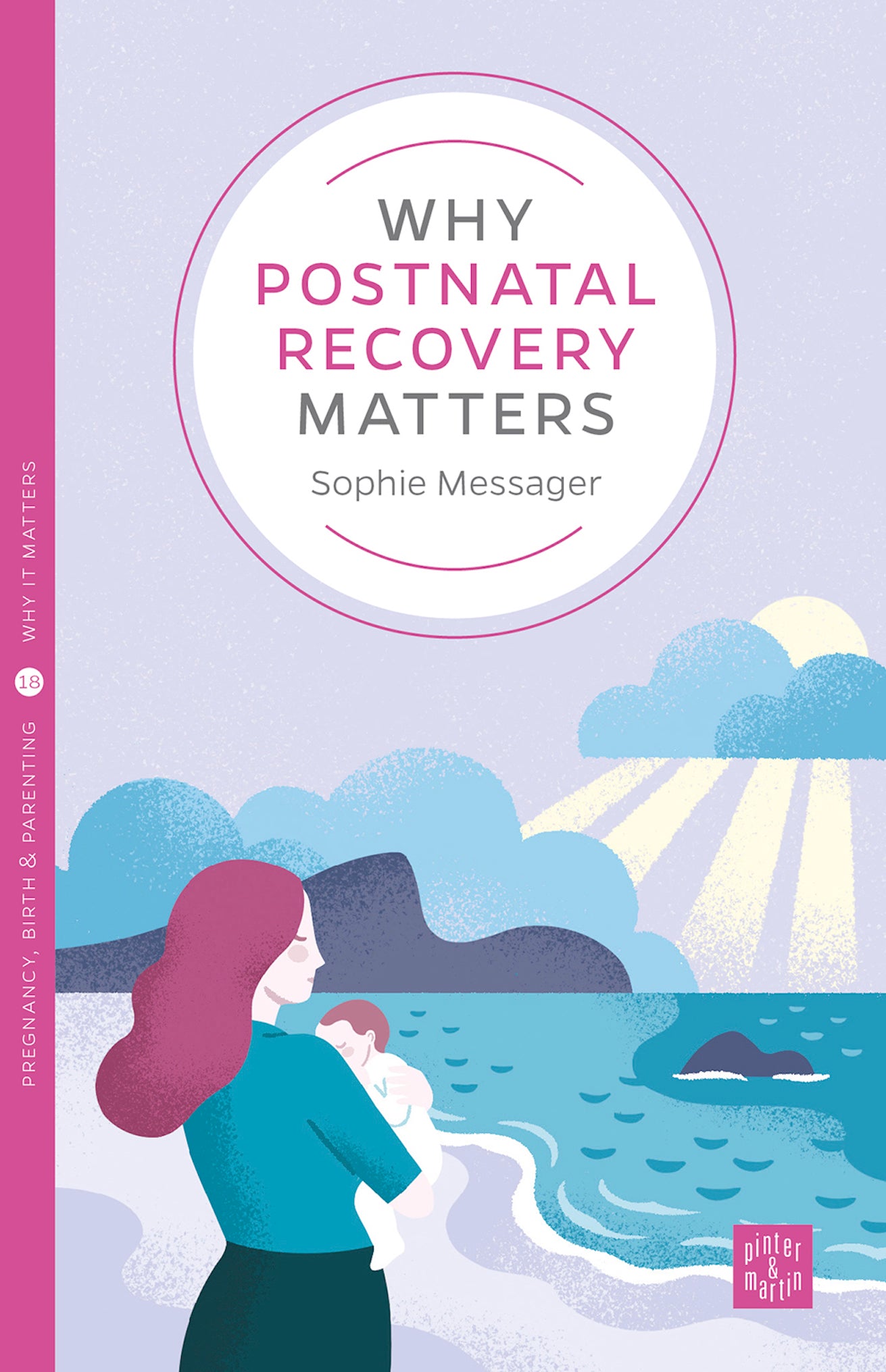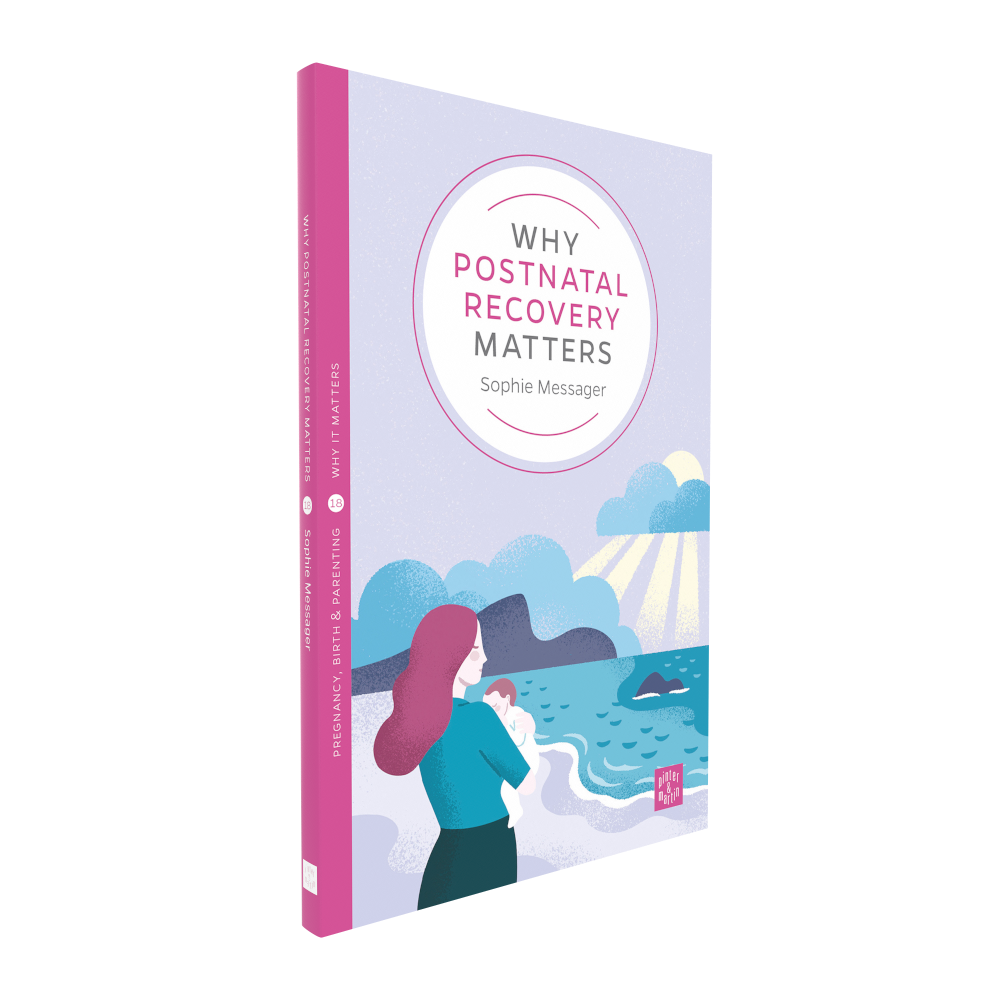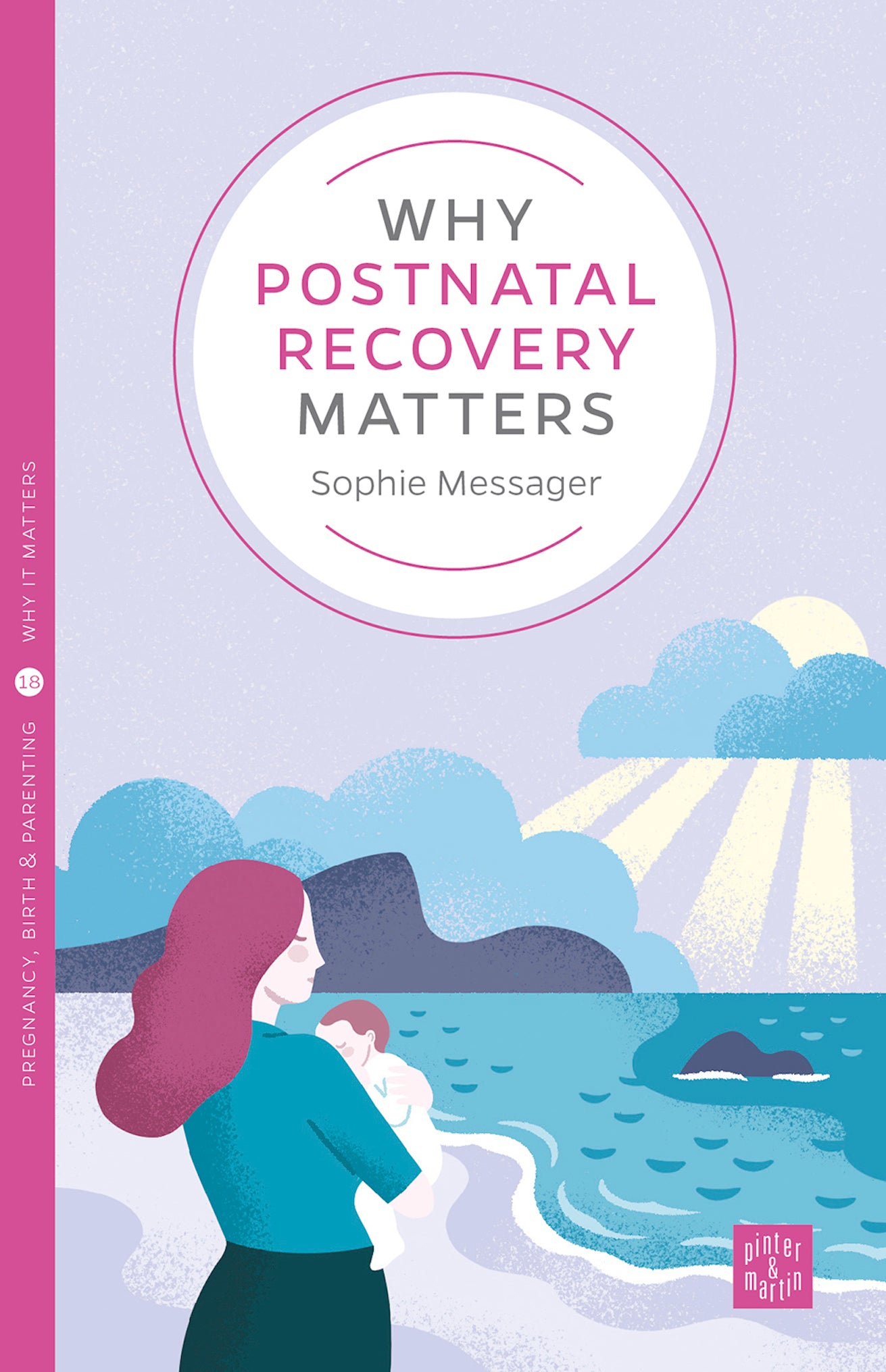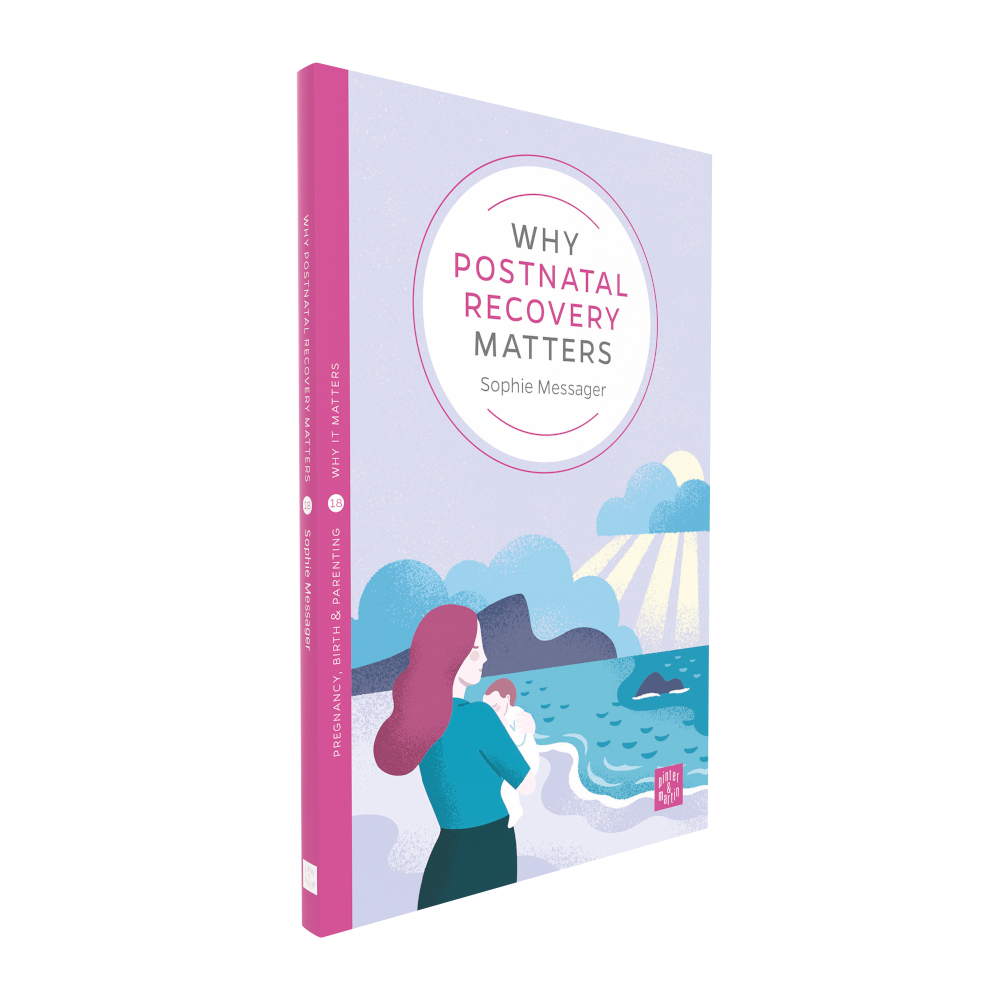1
/
of
2
Why it Matters
Why Postnatal Recovery Matters
Why Postnatal Recovery Matters
Regular price
£8.99
Regular price
Sale price
£8.99
Unit price
/
per
OFFER: 4 for 3 on all our books. We ship to the UK only. For other bookshops that stock our books see here.
Couldn't load pickup availability
During pregnancy the focus of antenatal preparation is the birth itself, and the importance of the postnatal period is often overlooked. Yet postnatal recovery (or a lack of it) can have consequences for the long-term health and wellbeing of both mother and baby.
In Why Postnatal Recovery Matters Sophie Messager draws on her experience as a scientist and doula to show that thinking ahead to after the birth can get new families off to the best possible start.
Share
ISBN:
Number of pages:
Published:
View full details



